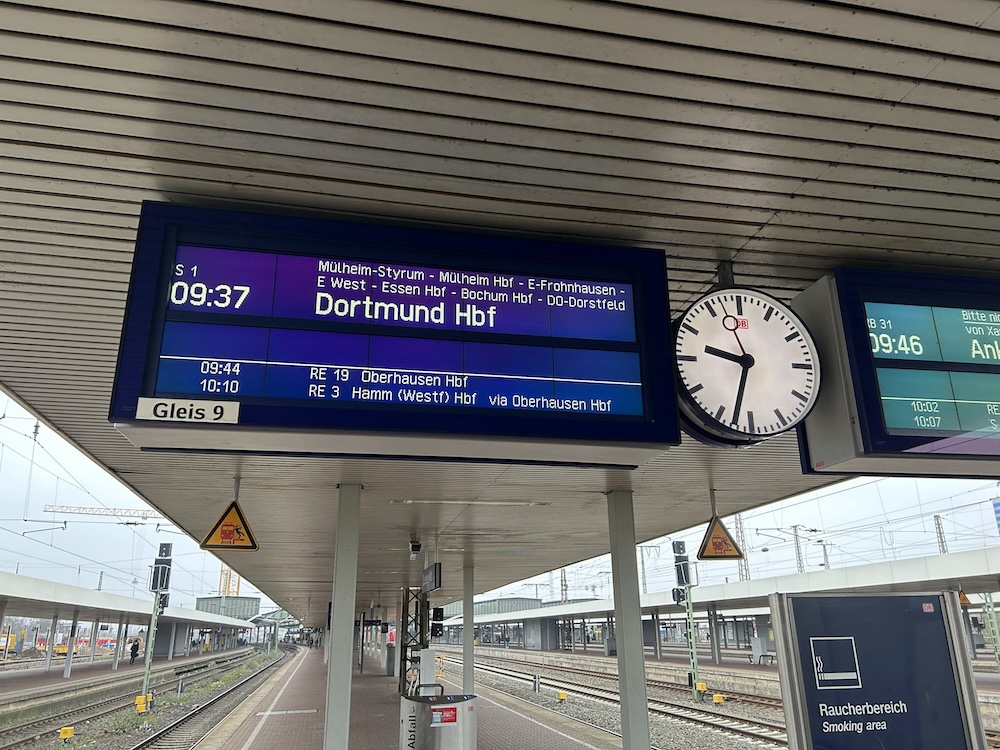GDL announces three days of train strikes and the agricultural sector takes action against cuts.
Germany is set to see significant protests and strikes in the coming week, causing significant disruptions to transport, including rail traffic, are expected. The German train drivers' union GDL has announced a nationwide strike, which is expected to last three days.
The strike, which starts on Wednesday, is a response to the breakdown in wage talks with Deutsche Bahn and other railway companies. This is not the first time that the GDL has taken action because since the start of wage negotiations in November, they have already halted passenger train traffic twice with strikes of 20 and 24 hours.
In addition to the actions of the GDL, protests have also been announced by the agricultural sector. The German Farmers' Union is protesting against austerity plans and has decided to stick to the planned protest despite a compromise from the government. They plan to attract maximum attention and some action groups have indicated that they want to shut down public life. This can lead to traffic disruption on major roads, with possible blockages by farmers.

The strikes are the result of several parallel protests by the German Train Drivers' Association (GDL), the German Farmers' Association (DBV) and the Federal Association of Road Transport, Logistics and Disposal (BGL).
These strikes and protests are likely to have a major impact on all modes of transport across Germany. In addition to the train strikes and tractor demonstrations, the Federal Association of Road Transport, Logistics and Disposal (BGL) has also called for protest actions. This can lead to delays in road transport and in the delivery of goods. Operations in the German ports of Hamburg, Bremerhaven and Wilhelmshaven are also expected to be significantly disrupted.




